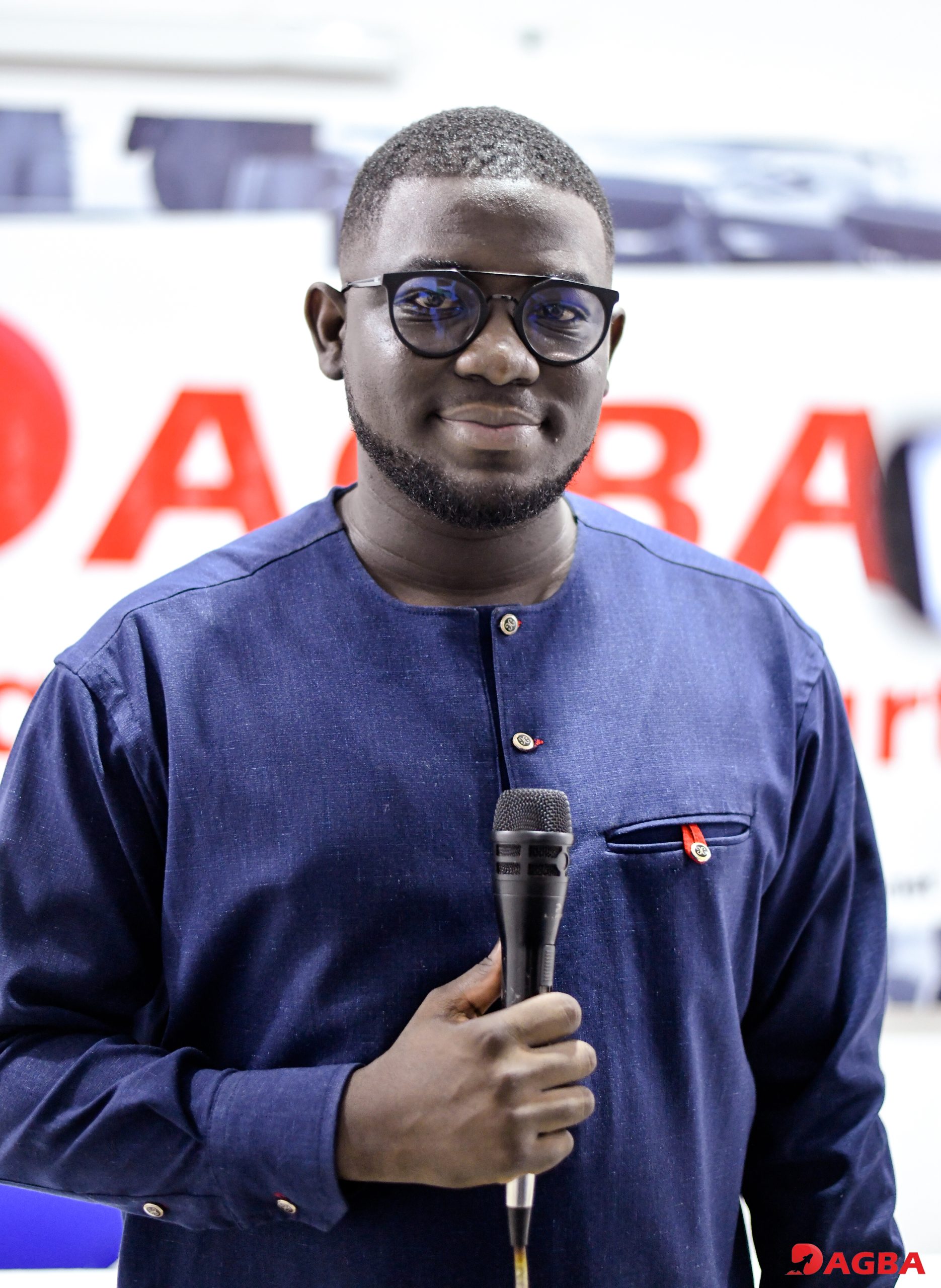“Our acceleration program is not a competition where winners will be awarded…”
Ten Togolese companies driven in particular by young people will benefit from an accelerator program that will allow them to better structure their business and obtain financial support. Called the DAGBA Acceleration Program, it was launched on Saturday February 11, 2023 in Lomé. In this exclusive interview granted to FOCUS INFOS, the promoter, Brice Tchendo, reveals the purpose, the beneficiaries and the main stages of this program.
Focus Infos: What is the DAGBA Acceleration Program?
Brice Chendo: Dabga has a double meaning. It means in Yoruba to grow and in Ewe to fail. We chose these two languages because they are spoken in many countries in the West African sub-region.
Why did we choose a name that has two opposite meanings? Because the integration of these two aspects is fundamental for all entrepreneurs. Entrepreneurs very often think that by launching themselves thanks to their innovative idea, the path will be traced for them. They refer to successful entrepreneurs and forget that the latter, before knowing this ” Glory », have gone through periods of failure.
So we wanted to use this antagonism to achieve our goal, which is to make local champions. We create an environment that will allow start-ups to grow while avoiding as much as possible going through the boxes of failures.
This accelerator helps startups better structure their businesses in order to raise funds to accelerate their growth.
FI: What are your objectives with the launch of this program in Togo?
B.T : The launch is part of our timeline and follows the selection phase which lasted about 6 months. We carried out this screening work upstream in order to choose the first ten startups to support.
This launch allows us to present the program and the 2023 cohort to the public and to our partners.
We also wish, through this launch, to invite the government and financial partners to join us in order to contribute to the creation of local champions.
FI: Could you describe the major stages of the program?
B.T : The acceleration program is tailor-made and adapted to our environment. It includes 4 major steps.
The first step is materialized by a diagnosis that allows us to take a picture of the existing situation by describing the strengths and weaknesses of the project leader(s), the product/service and the current organization. This diagnosis will make it possible to define the growth levers on which we will build an acceleration plan.
Then, the stage of upgrading the company implements the recommendations resulting from the diagnosis. This upgrade concerns the internal governance system, management tools and coaching of the entrepreneur on business management and financial education.
The third step is networking and fundraising preparation. The networking will be marked by a “Let’s talk about our failures” event and a study trip to Senegal so that entrepreneurs get out of their comfort zone and also come into contact with an ecosystem where several startups have already raised funds at the international. Entrepreneurs will also be positioned at national and international events.
The last step is fundraising. After coaching on the pitch and speaking in front of investors, the entrepreneurs will face investment funds and business angels from Lomé. This event will be open to the public and investors will choose the projects on which they would like to invest. Entrepreneurs who have not obtained financing will receive a loan on honor or will be accompanied in setting up a credit file. The rest of the time will be devoted to monitoring projects.
FI: Who is your target?
B.T : The target is entrepreneurs, small businesses that already exist. These are not profiles who are still in the ideation stage, but rather entrepreneurs who already have a viable product or service in the market, customers and turnover. It is to them that we address ourselves.
We also target companies that have strong growth potential. The potential for growth and the vision of the entrepreneur are paramount factors in this program.
FI: There is a panoply of support initiatives for project promoters and support for young entrepreneurs. What is the added value of your program?
B.T : People confuse the incubator with the accelerator. What currently exists in Lomé are incubators that are doing their job well, in my opinion. Among the start-ups selected for this year’s cohort, I will take the example of Kari Kari. This start-up followed the FAIEJ support program and obtained funding. It must now be accelerated to expand its market internationally.
The added value is therefore the continuity of what the State has already put in place. We complement the support of existing programs.
FI: For this first edition, you have selected 10 projects. What is the content of these projects and on what criteria did you select them?
B.T : The process of selecting the 10 projects lasted six months. Above all, we were customers of these start-ups and we identified them without them knowing that we were testing their products and services in order to be able to support them afterwards. Then, in a direct approach, we were able, thanks to a form, to understand how these companies are structured, and above all, we were able to assess their visions and the potential of their projects.
Subsequently, an interview to assess the motivation of the entrepreneur and better understand the context of the creation of his business was carried out. This interview also allowed us to understand the vision he has for his company. Of the 20 start-ups that have been identified, we have selected 10 for this first cohort from various sectors (including fintech, agri-food, processing, E-health, watertech and tourism.). We continue to follow the evolution of the other 10.
FI: How will the winners of the program be rewarded?
B.T : Our acceleration program is not a competition where winners will be awarded… At the end of the acceleration program, there will be a fundraising event where entrepreneurs will face investment funds and business Angels . An event where the investors themselves will be the jury and will choose the projects in which they want to invest.
FI: Tell us a bit about yourself…
B.T : Dagba is actually a continuation of the activities of the firm Optimum Partners where I work as managing partner. We support, among other things, companies in their organizational development and have seen that start-ups are the structures that need it the most. However, they cannot afford to pay the firm’s fees. It is in view of this observation that we imagined a support program, ranging from structuring to fundraising.
We thought of this accelerator, missing link in the Togolese entrepreneurial ecosystem, in order to solve the problem that we have identified. We have just finished the week of innovation, and we have met several entrepreneurs who have projects with great potential, but who are still stagnating because they themselves are not yet sufficiently structured. They don’t have the information about the opportunities they may have. With this first cohort, we are going to test the support model that we have designed, learn from this first experience and support a greater number in the following years.



